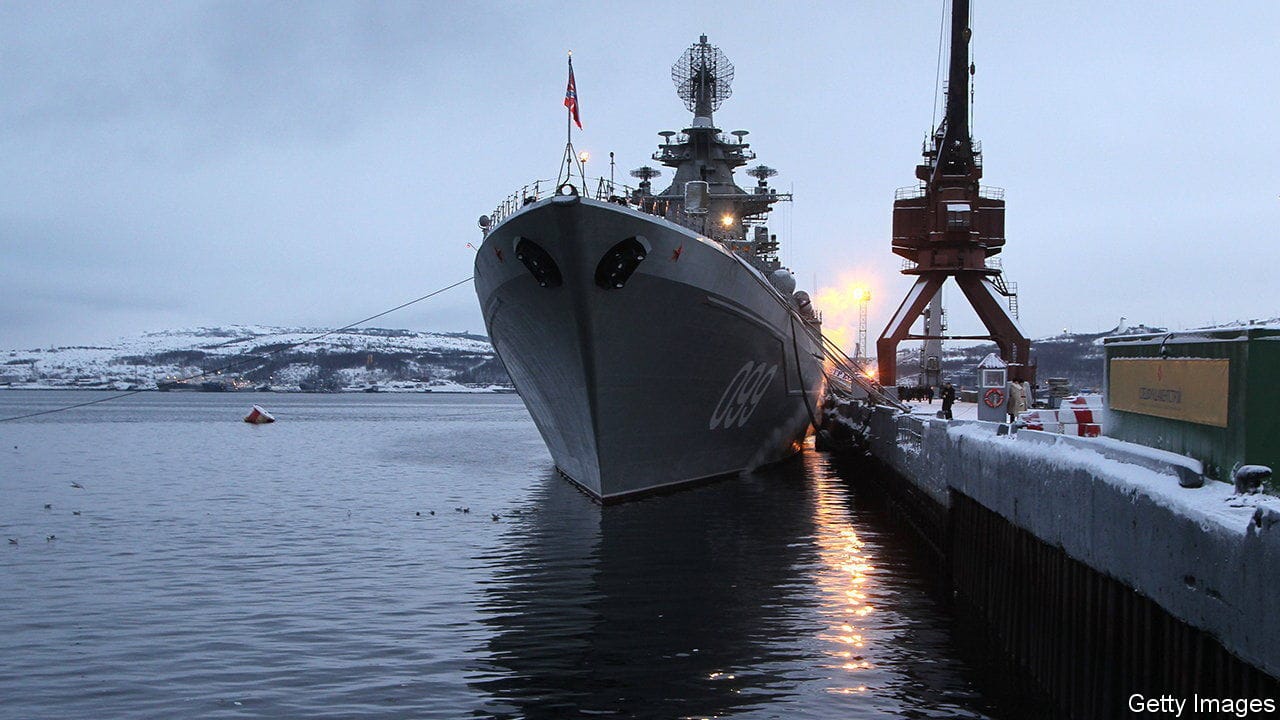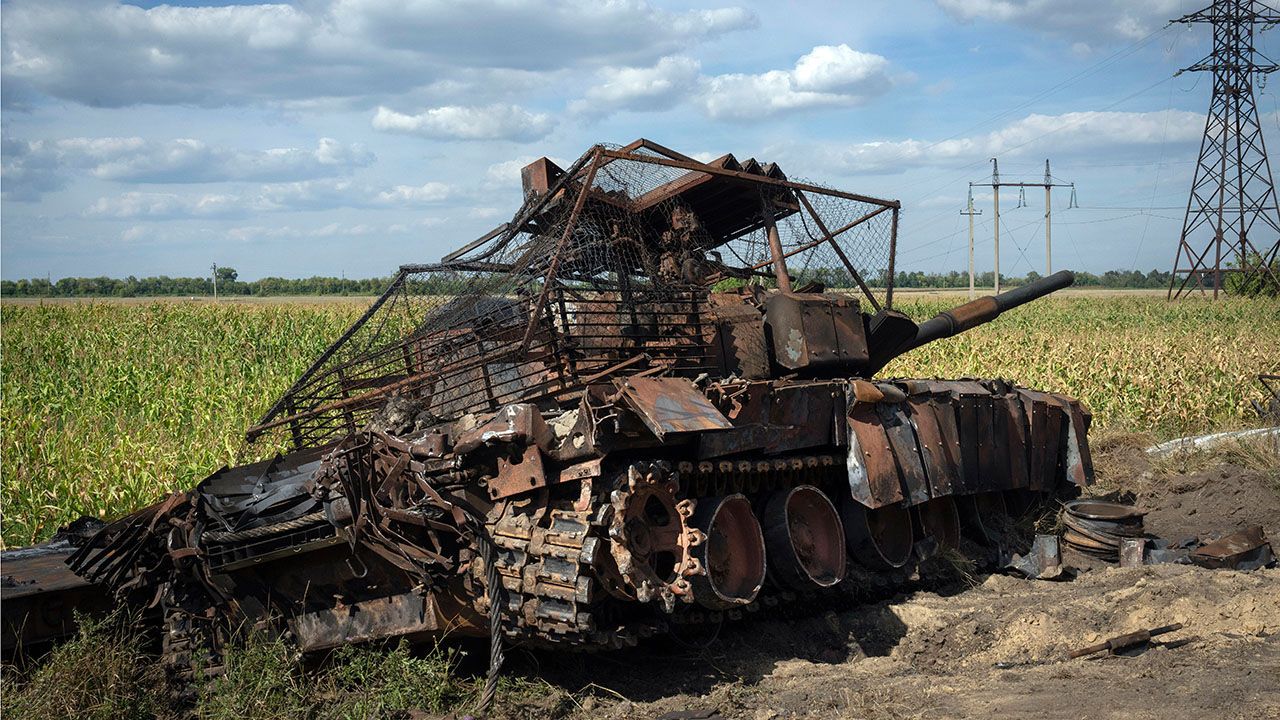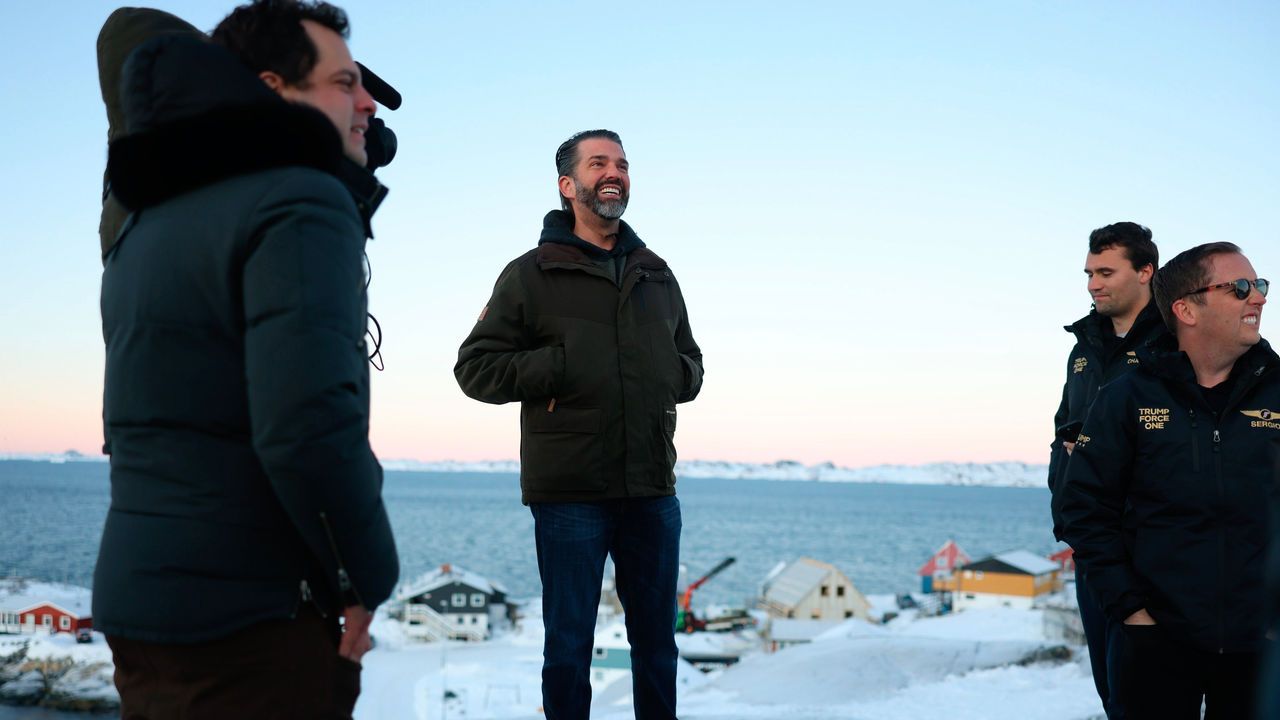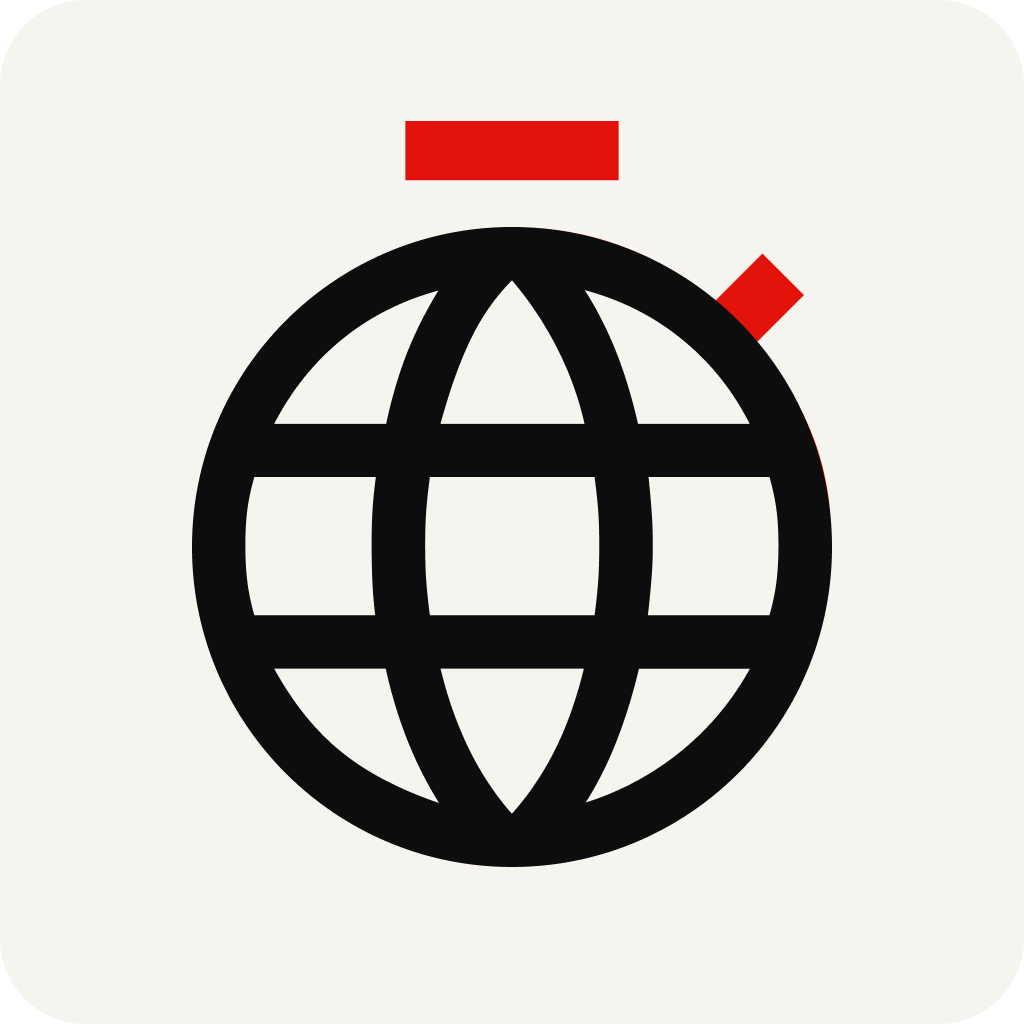How war in Ukraine is changing the Arctic
Co-operation with Russia has collapsed—and China is ascendant

THE CHILL winds from Russia’s invasion of Ukraine have reached the Arctic. On June 29th Russia’s foreign ministry said Norway would face “retaliatory measures” for imposing sanctions that block Russian goods destined for Svalbard, an Arctic archipelago. Svalbard is part of Norway, but a treaty from 1920 gives Russia the right to exploit its natural resources, and many of the settlements there are populated by Russians. Even before this squabble, Arctic powers had already clashed over the invasion. On March 3rd, just a week after war broke out, seven of the eight permanent members of the Arctic Council, the region’s main intergovernmental organisation—all bar Russia, the current chair—said they would boycott future meetings in light of the war. The council had long sought to portray the region as peaceful and co-operative: its founding document, the Ottawa Declaration of 1996, states that it should not deal with “military security”. But the war has pitted Western signatories (America, Canada, Denmark, Finland, Iceland, Norway and Sweden) against Russia in the far north. How will the fallout affect the Arctic?

How will mines dropped by drones change warfare?
They make attacks on tanks more precise and troops easier to trap

What do Greenlanders think of being bought?
Donald Trump’s desire for Greenland, and a shabby visit by his son, reignite the independence debate

What would Donald Trump gain from seizing the Panama Canal?
The president-elect claims the crossing is controlled by China and rips off American consumers
Where does Santa come from?
How a miracle-working Greek bishop, Dutch folk figure and early New York icon became the ubiquitous symbol of Christmas
Who are the main rebel groups in Syria?
They were united against the country’s dictator. Now they have little in common
Is RFK junior right to say America allows more toxins than the EU?
He is, but things are slowly beginning to change








